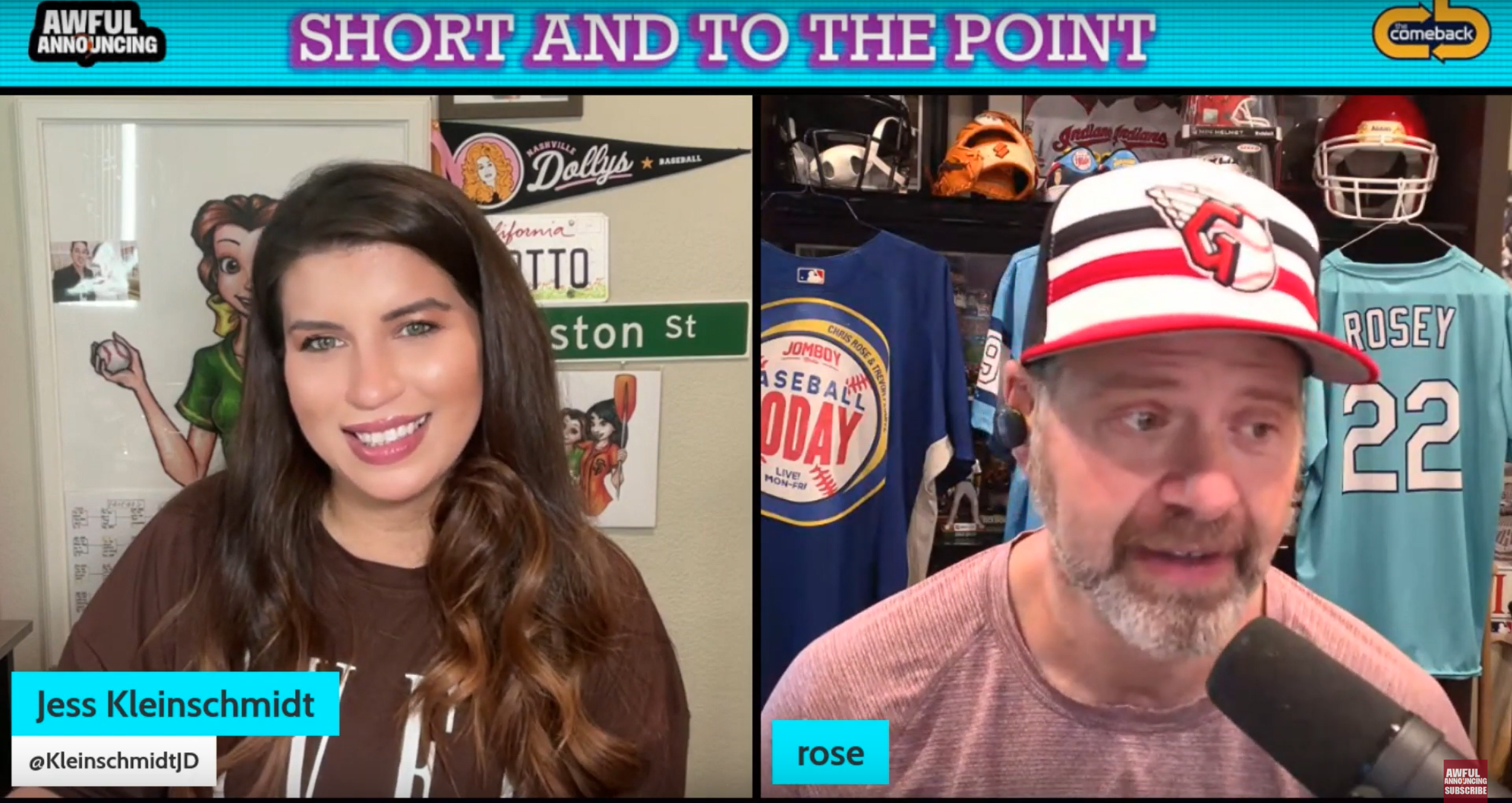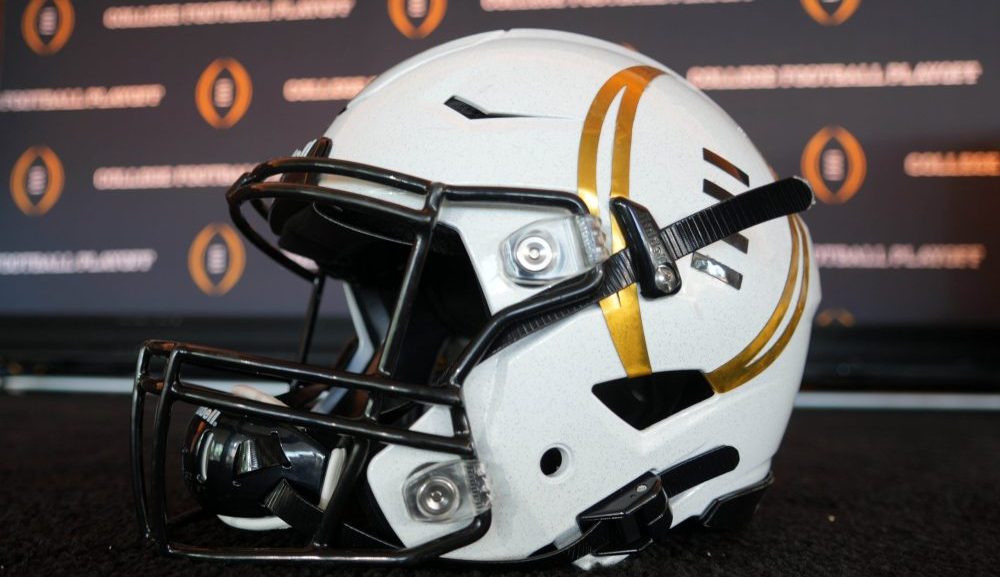There’s a lot of uncertainty about the future of out-of-market package NFL Sunday Ticket, with significant back–and–forth discussion about if the NFL would opt out of their current AT&T/DirecTV deal after the 2019 season (which now seems unlikely) and looks at what the package might become after 2022. And this week saw a new dimension to the Sunday Ticket discussions, with the U.S. Court of Appeals for the 9th Circuit reinstating a trial court dismissal of a four-year old lawsuit against the NFL and DirecTV by several bars, restaurants and individuals (which has possible class-action potential) that alleges the current Sunday Ticket package violates the Sherman Antitrust Act.
Andy Schwarz posted the ruling on Twitter Tuesday:
The 9th Circuit has reinstated the Sunday Ticket case.https://t.co/3Y2UAt0sVR
— Andy Schwarz, sponsored by Envelopes of Cash (@andyhre) August 13, 2019
The three-judge panel ruled 2-1 to reinstate this case, with Judge Sandra Segal Ikuta (who wrote the majority opinion here) and Judge George Caram Steeh III in favor and Judge N. Randy Smith authoring a dissent. And there are several interesting elements here. For one, it’s notable that this isn’t a case claiming the NFL teams can’t collectively negotiate any sort of broadcasting deal, as the Sports Broadcasting Act of 1961 (congressional action which the NFL heavily lobbied for in response to losing an antitrust broadcasting court case) allows them to sell combined broadcasting packages without violating Section 1 of the Sherman Act.
But, as Ikuta writes in the majority opinion here, that act is specifically referencing “sponsored telecasting,” or ad-supported broadcasts on over-the-air television. That doesn’t specifically include deals with cable networks like ESPN or satellite providers like DirecTV.
While the NFL’s collective sale of telecast rights to free, over-the-air television networks was squarely covered by the SBA, as television technology advanced, from over-the-air to cable to satellite television, the NFL and other professional leagues began using new methods of distributing telecasts of the games. In 1987, the NFL entered into its first cable deal, selling the right to telecast eight Sunday games to ESPN. Beginning in 1994, the NFL entered into an agreement with DirecTV, allowing DirecTV to sell Sunday Ticket exclusively through its satellite television service.
Courts considering challenges to the telecasting arrangements between sports leagues and satellite television services have concluded that “‘sponsored telecasting’ refers to broadcasts which are financed by business enterprises (the ‘sponsors’) in return for advertising time and are therefore provided free to the general public.” Therefore, the SBA does not exempt league contracts with cable or satellite television services, for which subscribers are charged a fee, from antitrust liability.
And it’s notable that in areas not specifically exempted from antitrust liability, trying to restrict broadcasts hasn’t always worked out too well for leagues. The key case here (which is heavily cited in Ikuta’s opinion) is the 1984 Supreme Court case NCAA v. Board of Regents of the University of Oklahoma, which ruled that the NCAA (not professional and not covered by the SBA)’s restrictions on what games could be televised was an antitrust violation, paving the way for schools to gain their own television rights (which they then mostly transferred to their conferences, leading to today’s environment of mammoth conference-wide deals and national broadcasts in some fashion for almost every NCAA football game).
But beyond that, it’s interesting that similar recent antitrust challenges against professional leagues’ out-of-market packages have led to settlements from both MLB and the NHL (which are covered by the SBA, but again, only for over-the-air broadcasts). And those settlements included controls on price increases for those packages and saw those leagues agree to offer cheaper single-team options, not just the “pay us a massive amount for all out-of-market games” options. Those settlements are significant on two fronts; one, they might indicate a possible outcome of this legislation (it’s quite conceivable the NFL could agree to a settlement involving different out-0f-market options, especially as they’re already seemingly considering some of those), but two, they illustrate that other professional leagues haven’t been too confident their out-of-market packages will survive high-level antitrust scrutiny by courts.
And it’s certainly at least possible that there could be an even more drastic change on the NFL out-of-market front than what we saw with MLB and the NHL. A big difference with the modified out-of-market packages those leagues agreed to and the way college football broadcasting changed after NCAA v. Oklahoma is the number of games involved; broadcasting a team’s 162 or 82 regular-season games makes sense for a local regional sports network, but that’s probably a tougher sell nationally or in other regions for all but the biggest teams, even in today’s peak content environment. Thus, agreeing to a version of the current out-of-market packages with controlled prices and single-team access had some merit for the challenging fans, and it’s unclear that even a full antitrust victory would have produced something significantly better. (It might have, especially for fans of big teams that would then have more competition for their broadcasting packages, but it might not have worked across the board.)
The latest
And we know there’s demand for even the current out-of-market setup (or some variation thereof), with the likes of DAZN and ESPN+ reportedly interested in pursuing Sunday Ticket. And given the amount of tech companies eager to get involved with whatever NFL package they can (see also Verizon/Yahoo and Amazon), and given the amount of broadcasters out there, if the NFL did head towards the NCAA model (through either a settlement or a ruling) of expanded national access to games outside of Sunday Ticket, there would undoubtedly be plenty of interested buyers, especially for the teams with the biggest fanbases.
Of course, it’s not certain the revenue there would be enough to compensate for the amount AT&T’s paying for Sunday Ticket exclusivity. But that revenue might wind up being pretty high, especially if teams struck deals with streaming services that paid heavily for the privilege. And at the moment, it feels like there’s a ton of interest in broadcasting NFL games (see also talk of Turner trying to get in on the main package post-2022), with the main limitation being just the number of games available. Altering or expanding out-of-market offerings might allow many more companies to get in on the NFL broadcast game, and to pay the league handsomely for the privilege.
That’s all very down-the-road thinking, of course, as this lawsuit is a long way from resolved. And this ruling isn’t a judgement against the NFL; it’s just saying that the lawsuit can proceed. (Which is interesting in its own right; that opens the NFL up to the discovery process, and the league hates being exposed to that, so that could put some pressure on them to settle.) But this is a notable court case, and either a settlement or a later judgement could have significant impacts on how NFL games are broadcast. And this adds one more angle to the ongoing discussions around Sunday Ticket.
[Andy Schwartz on Twitter]







